Competitive exams, hard study
Doctor Nguyen Tran Khanh Van, a third-year resident physician specializing in oncology at Can Tho University of Medicine and Pharmacy, said that the resident physician exam has fierce competition among doctors who have just graduated from universities in the fields of medicine, dentistry, and traditional medicine.
"In most schools, residents register for their major before taking the exam. Only a few schools have the exam results before registering, and the person with the highest score gets to choose their major first. In 'hot' majors such as dentistry, plastic surgery, internal medicine, obstetrics and gynecology... the competition is very high because there are many doctors who want to study. There are majors with a competition rate of up to several dozen," Dr. Khanh Van informed.
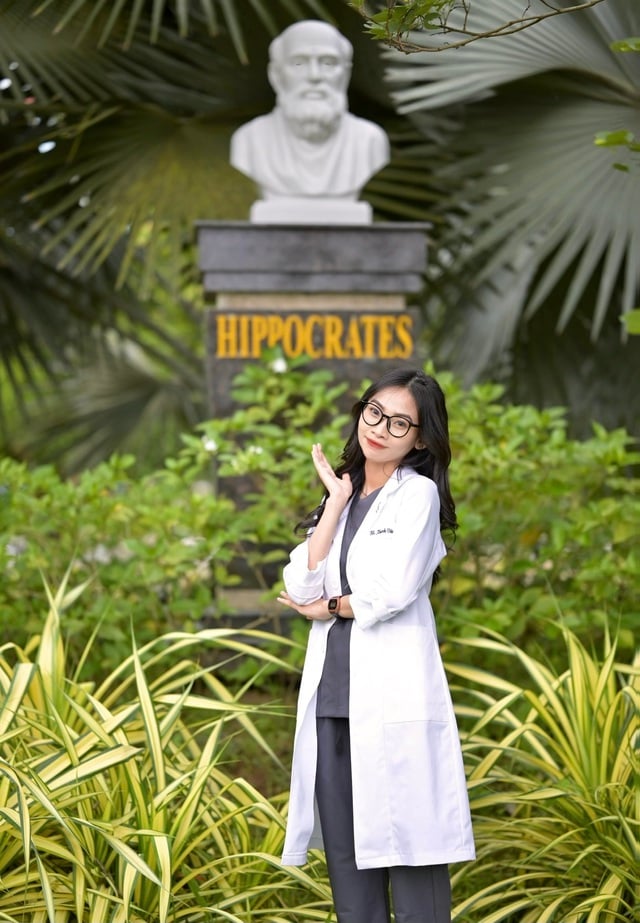
Doctor Nguyen Tran Khanh Van chose to study residency because he could practice and work like a real doctor, even though the process was very difficult.
PHOTO: NV
According to Dr. Khanh Van, to study for a residency, students will have to take 5 exams including 2 specialized subjects, one basic subject, a foreign language, and probability and statistics.
Khanh Van said that in Vietnam, university graduates have three paths. One is to practice for 12 months (from 2023 onwards, it will be 18 months) at hospitals to get a medical license, then study for a specialty or master's degree depending on their orientation. However, most of them have to be sent by the hospital where they work, sometimes it takes a few years to go to school.
The second way is to study for a master's degree right after graduation, after 2 years you will get a degree, but some provinces will not issue a practice license (before 2024). Doctors will have to spend another year to get a practice license (from 2024).
The most popular path is to study for a residency. After graduation, doctors will have a residency degree, a specialist degree, and a license to practice. If the school offers a master's degree in that field, they will receive an additional master's degree (if they are trained in parallel).
Because residency is the shortest path to becoming a highly qualified doctor and having a license to practice, it attracts a large number of candidates. The exam preparation process is also very stressful, most students have to study by themselves for many months to a year in advance, so being accepted is a great source of pride.
However, the process of studying for a residency is more stressful and rigorous than 6 years of university.
Doctor Van shared: "Most of the time of the residents is spent in the hospital, working as a real hospital doctor, with tasks such as examining and treating patients, night shifts, and assisting in surgery. In addition to the work at the hospital, we also have to collect samples to conduct scientific research for our thesis, do special topics... Not to mention the time studying at school, and the tight exam schedule. That means that at the same time, residents have to do many things to meet the requirements of teachers, departments, schools and hospitals."
With such intense and harsh study and work intensity, resident doctors must have extremely good health and reasonable time management and organization.
Specialties that "attract" resident physicians
At the recent "Match Day" event of Hanoi Medical University for residents to choose their major, 690 doctors had the opportunity to call out their names to choose their major (39 majors in total). Of the 20 doctors with the highest scores who were called out to choose their major first, 7 chose obstetrics and gynecology. The second most popular major was plastic surgery with 4 people.
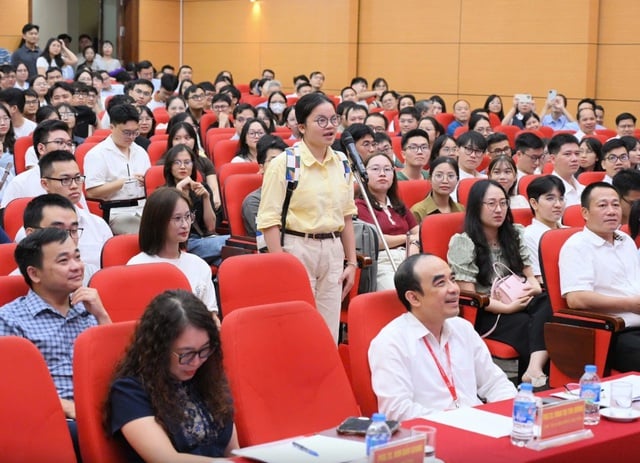
Young doctors "call out names to choose a major" at Hanoi Medical University recently
PHOTO: HANOI MEDICAL UNIVERSITY
In the past few years, each year the University of Medicine and Pharmacy in Ho Chi Minh City has had about 200 to 270 students admitted to 26-28 residency specialties. Doctors with the highest scores will also be selected first. If a specialty has reached its quota, those who come after will have to choose another specialty.
Accordingly, the specialties with high quotas and attracting the most doctors to register are dentistry, diagnostic imaging, surgery, thoracic surgery, and internal medicine.
The leader of the University of Medicine and Pharmacy in Ho Chi Minh City said that dermatology is also very attractive but the annual quota is not high. Therefore, the competition is also very high. The majors that very few doctors choose are tuberculosis and psychiatry, some years only 2 or 3 doctors study.
It is known that nationwide there are currently 13 schools training resident physicians, including: Hanoi Medical University, Ho Chi Minh City University of Medicine and Pharmacy, University of Medicine and Pharmacy (Hanoi National University), University of Medicine and Pharmacy (Hue University), University of Medicine and Pharmacy (Thai Nguyen University), Pham Ngoc Thach University of Medicine, Can Tho University of Medicine and Pharmacy, Hai Phong University of Medicine and Pharmacy, University of Health Sciences (Ho Chi Minh City National University), Thai Binh University of Medicine and Pharmacy, Military Medical Academy, Academy of Traditional Medicine, VinUni University.
Conditions for residency exam
According to the Decision on promulgating regulations on training of resident physicians of the Ministry of Health, resident physicians is a special type of post-graduate training in the health sector, aiming to train specialized doctors with solid basic scientific knowledge, systematic specialized knowledge, high practical skills, proactively and proficiently solving basic professional problems in the training field.
Residency training is only for doctors who have just graduated from a regular medical program at a medical university, a medical-pharmaceutical university or other training institutions in Vietnam, who wish to study, voluntarily apply for the exam and can only take the exam once immediately after graduating from university. At the same time, they must have a university degree in a field corresponding to the major they are applying for and have a good grade or higher, are not older than 27 years old, and are healthy enough to serve long-term in the medical field.
Source: https://thanhnien.vn/bac-si-noi-tru-thi-gay-gat-hoc-khac-nghiet-nhung-van-thu-hut-vi-sao-185250913134320194.htm





















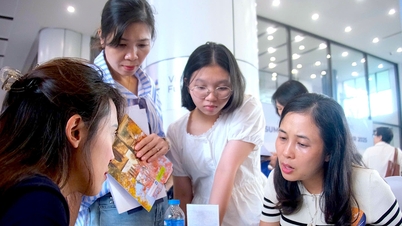

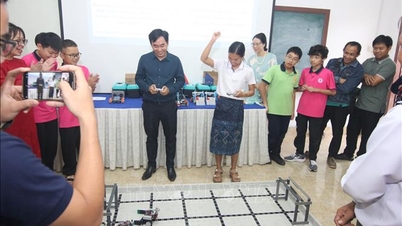


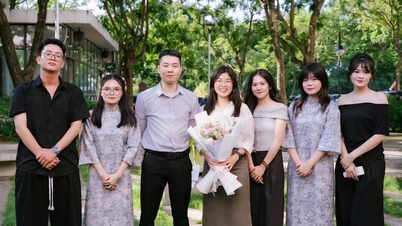








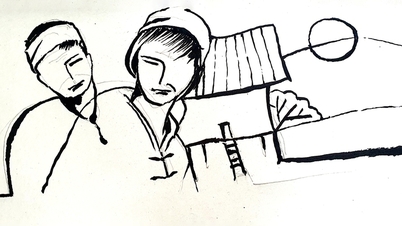



![[Photo] Soldiers guard the fire and protect the forest](https://vphoto.vietnam.vn/thumb/1200x675/vietnam/resource/IMAGE/2025/9/27/7cab6a2afcf543558a98f4d87e9aaf95)






























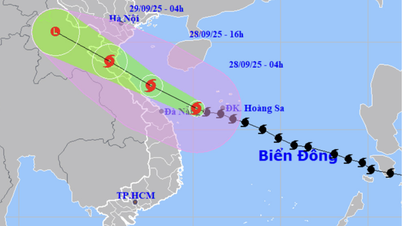










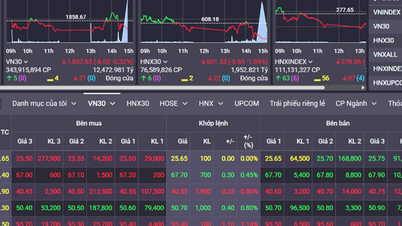







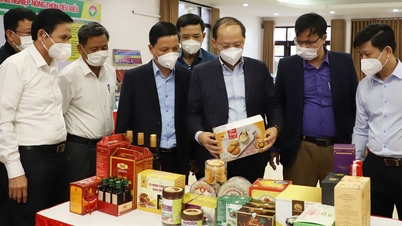









Comment (0)